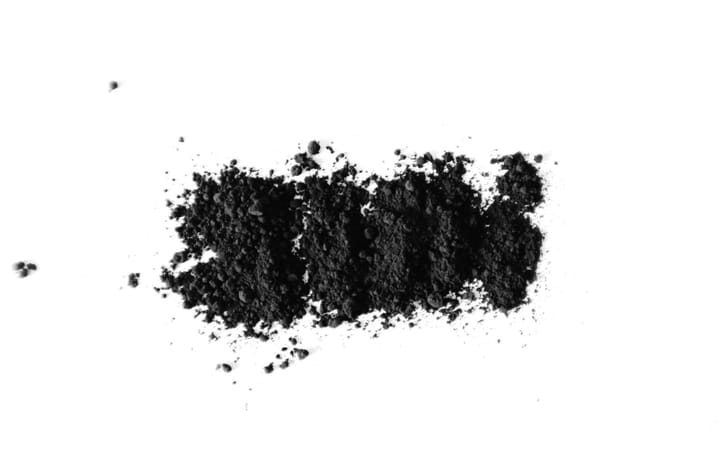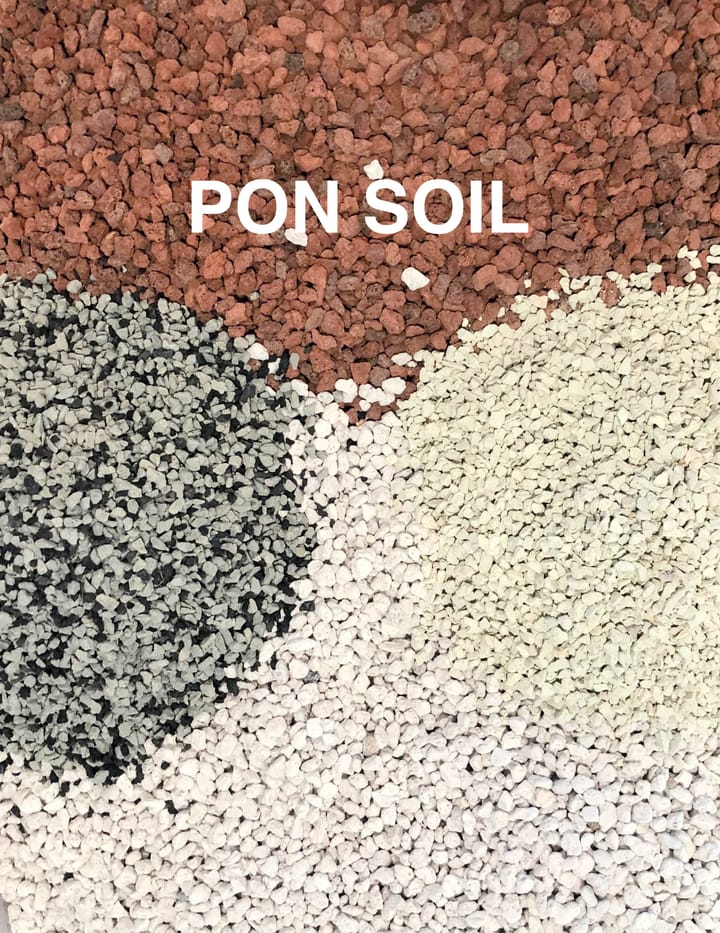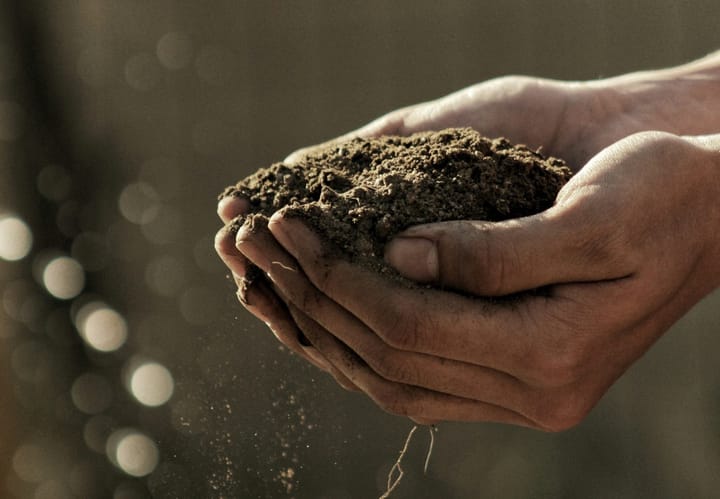4 Types of Fertilizers
Fertilizers play a crucial role in boosting the growth and health of your plants, providing the essential nutrients they need to thrive.

Various fertilizers are available, including synthetic fertilizers, compost, commercial organic products, and mulch, each offering unique benefits and application methods.
Synthetic fertilizers contain specific nutrient ratios tailored to your plant's needs.
At the same time, organic options like compost and mulch contribute valuable organic matter and nutrients to enrich your soil.
Understanding the differences and functions of these fertilizer types will help you make informed decisions on which to use for optimal plant growth and overall garden health.
Understanding Fertilizer Nutrients
When it comes to fertilizers, the most crucial nutrients are nitrogen (N), phosphorus (P), and potassium (K).
These three elements are represented by NPK ratios that indicate the relative concentration of each nutrient in the fertilizer.
Nitrogen is essential for promoting vegetative growth and overall plant health, while phosphorus helps with strong root development, seed production, and efficient energy transfer throughout the plant.
Potassium improves a plant's ability to resist diseases, enhances the quality of flowers and fruits, and helps with water absorption.
Aside from these major nutrients, fertilizers may also contain essential minor nutrients and minerals, such as calcium, magnesium, sulfur, boron, copper, iron, manganese, zinc, chlorine, and cobalt.
These elements are necessary for proper plant growth and development, albeit in smaller amounts than NPK.
By understanding the nutrient makeup of different fertilizer types, you can properly nourish your plants and optimize their growth.
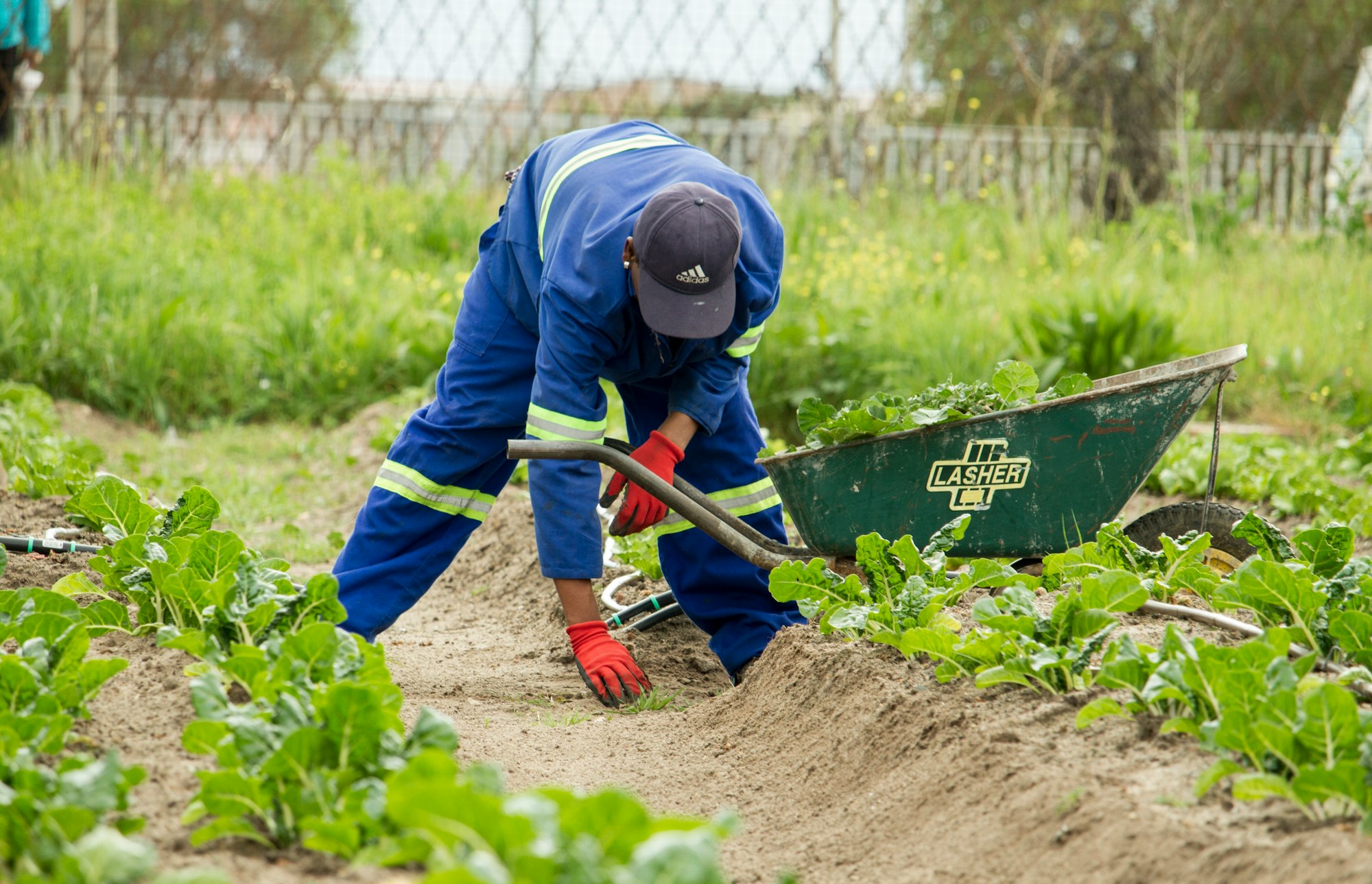
The Role of Fertilizers in Plant Growth
Fertilizers are crucial in promoting the healthy growth of plants, flowers, trees, and shrubs.
They provide essential nutrients, such as nitrogen, phosphorus, and potassium, which can be found in various types of fertilizers, such as synthetic fertilizer, compost, commercial organic, and mulch.
To enhance plant and root growth, choosing the right type and amount of fertilizer for your specific plants is important.
Synthetic fertilizers, such as urea and ammonium nitrate, deliver nutrients quickly and efficiently.
In contrast, organic fertilizers, like compost and mulch, offer a slow-release nutrient supply, improving soil structure and fertility over time.
Synthetic Fertilizers
Synthetic fertilizers, chemical or inorganic fertilizers, are artificial substances designed to promote plant growth.
They are created using a variety of chemical processes and generally contain high concentrations of essential plant nutrients such as nitrogen, phosphorus, and potassium.
One common synthetic fertilizer type is urea, a nitrogen-rich compound.
Slow-release synthetic fertilizers are also available, gradually releasing nutrients over time to ensure a steady supply for your plants.
When using these fertilizers, following the recommended application rates and timing is crucial to prevent over-fertilization and potential damage to your plants.
Organic Fertilizers
Organic fertilizers are derived from natural materials like compost, animal manure, and plant matter.
They improve soil fertility and provide essential nutrients to plants over time.
Compost, an excellent source of organic matter, helps retain moisture and improves the soil's structure.
Using organic fertilizers like animal manure promotes healthy growth of your plants while being environmentally friendly.
Be cautious with the amount applied, whether you're using composted or raw manure, as excessive use can lead to nutrient imbalances and even transmit diseases to food crops.
Alternatively, consider using commercial organic fertilizers from natural sources that deliver balanced plant nutrition.
Importance of pH Level and Moisture
The pH level in your soil plays a crucial role in determining nutrient availability for your plants.
A pH range of 6.0-7.0 is ideal for most garden and landscape plants, as nutrients can become either unavailable or overly abundant outside this range.
For certain plants like azaleas, gardenias, and camellias, a pH between 4.5 to 5.5 is preferred.
Moisture content in the soil influences the soil structure and overall plant health.
It is essential to maintain proper moisture levels to facilitate nutrient uptake in the roots and promote microbial activity in the soil.
Additionally, water-soluble fertilizers can directly impact the substrate pH, which, in turn, can affect the soil structure and nutrient availability.
Commercial Organic Fertilizers
Commercial organic fertilizers are derived from natural sources, offering a more eco-friendly approach to fertilizing your plants.
They come in various forms, including dry powders and liquid solutions, making them suitable for different applications and plant needs.
One popular type of commercial organic fertilizer is fish emulsion, which provides nitrogen, phosphorus, and potassium to support healthy plant growth.
Another option is blood meal, a nitrogen-rich amendment derived from animal blood.
Bone meal, made from ground animal bones, is high in phosphorus and calcium, promoting robust root systems and overall plant health.
Additionally, kelp meal, derived from dried seaweed, offers a natural source of essential micronutrients for your plants' optimal growth.
Incorporating these organic fertilizers into your gardening routine can enhance your plants' vitality while maintaining an environmentally friendly approach.
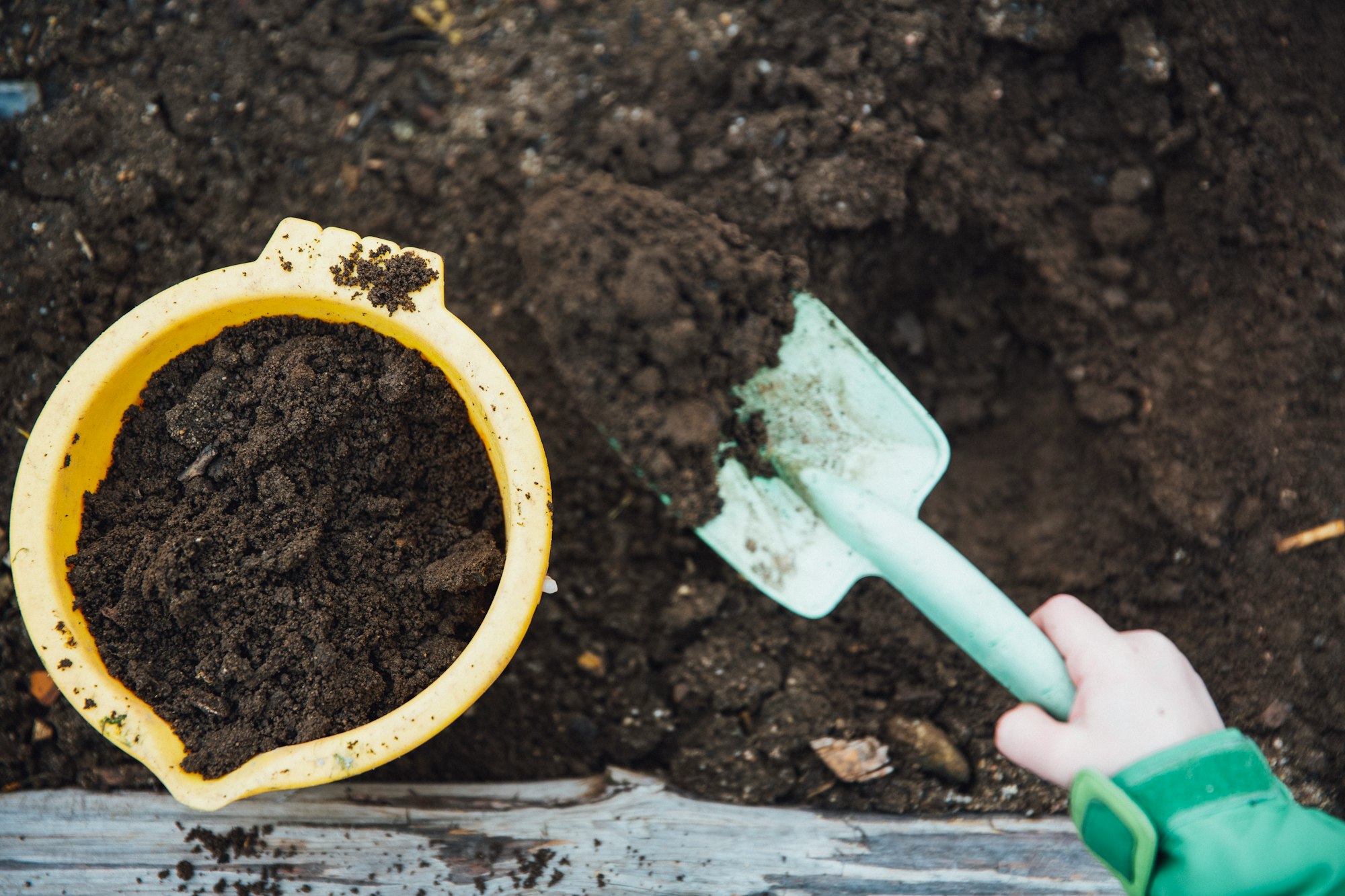
Compost and its Benefits
Compost is an organic fertilizer created by decomposing organic matter, such as leaves and food scraps.
Enriching your soil with compost improves soil structure, enhances water retention, and provides essential nutrients to plants.
Some of the benefits of using compost in your garden include its cost-effectiveness and eco-friendliness, as you can make your own from household waste.
Additionally, compost can help control weeds and boost your soil's ability to fight against plant diseases, ensuring a healthier garden overall.
Mulch and its Role
Mulch is a layer of natural or inorganic materials that you place on top of the soil surface to conserve soil moisture, regulate temperature, suppress weed growth, and improve the soil's fertility.
Organic mulch types include leaves, grass clippings, and pine needles, which decompose over time and release nutrients into the soil, improving your garden's health.
When choosing a mulch, consider its impact on your plants and soil.
For instance, leaves and grass clippings provide excellent weed suppression and moisture retention but may need replenishing more often.
Pine needles are long-lasting and acidic, making them suitable for acid-loving plants like blueberries and azaleas.
Always apply mulch in a 2-4 inch layer to maximize its benefits, ensuring your garden stays healthy and productive.
Decision Making: Synthetic vs. Organic
When considering fertilizers for your plants, it is essential to understand the advantages and drawbacks of synthetic and organic options.
Synthetic fertilizers, made from minerals, gases, and synthetically produced chemicals, quickly give plants essential nutrients.
However, they may negatively impact the environment, as overuse can cause leaching into waterways.
Organic fertilizers, derived from plant, animal, and mineral sources, offer eco-friendly alternatives.
They enrich the soil and foster a healthy ecosystem, providing long-term benefits for your lawn and garden.
Keep in mind that organic options can be more expensive and may release nutrients at a slower pace.
To make an informed decision, weigh the benefits of each type of fertilizer, considering factors such as cost, release rates, and environmental safety.
Practical Application and Usage
When using synthetic fertilizers in your lawn or garden, be cautious; excessive use can harm plants and disrupt soil health.
You can measure the nutrient composition your plants need with a soil test and apply the appropriate amount of synthetic fertilizer accordingly.
In contrast, compost is an excellent natural option for your vegetable garden, as it adds vital nutrients and improves soil structure.
Simply till the compost into your soil before planting, enriching the soil and providing a strong foundation for robust plant growth.
Commercial organic fertilizers are designed to release nutrients slowly, lasting between three months and ten years, depending on the brand.
Apply these fertilizers to your lawn or garden as directed by the product's guidelines, ensuring the plants receive adequate nourishment throughout their lifecycle.
Mulch serves multiple purposes in your garden, such as conserving soil moisture, moderating soil temperature, and suppressing weed growth.
Spread a layer of mulch around your planting areas to help maintain an optimal growing environment for your plants and reduce the need for additional fertilizers.
Frequently Asked Questions
What are the advantages of using synthetic fertilizers?
Synthetic fertilizers provide quick, controlled release of nutrients to plants, ensuring rapid growth. They are easy to use and widely available in various formulations.
How do compost and commercial organic fertilizers differ?
Compost is a mixture of decomposed organic matter, which enriches the soil and promotes healthy plant growth. Commercial organic fertilizers are formulated products that contain specific nutrient ratios and often include naturally occurring minerals and organic materials.
What are common ingredients in commercial organic fertilizers?
Commercial organic fertilizers may include animal manure, bone meal, fish emulsion, cottonseed meal, and seaweed extracts. These ingredients provide essential nutrients to plants in an organic form, benefiting soil structure and fertility.
What are the environmental effects of synthetic fertilizers?
Overuse of synthetic fertilizers can lead to nutrient runoff, polluting waterways and causing harm to aquatic life. They can also contribute to soil degradation and negatively affect the balance of microorganisms in the soil.
What is the purpose of using a 10-10-10 fertilizer?
A 10-10-10 fertilizer contains equal parts of nitrogen (N), phosphorus (P), and potassium (K), which are essential macronutrients for plant growth. This balanced formula provides essential nutrients for general plant maintenance and promotes overall growth and development.
